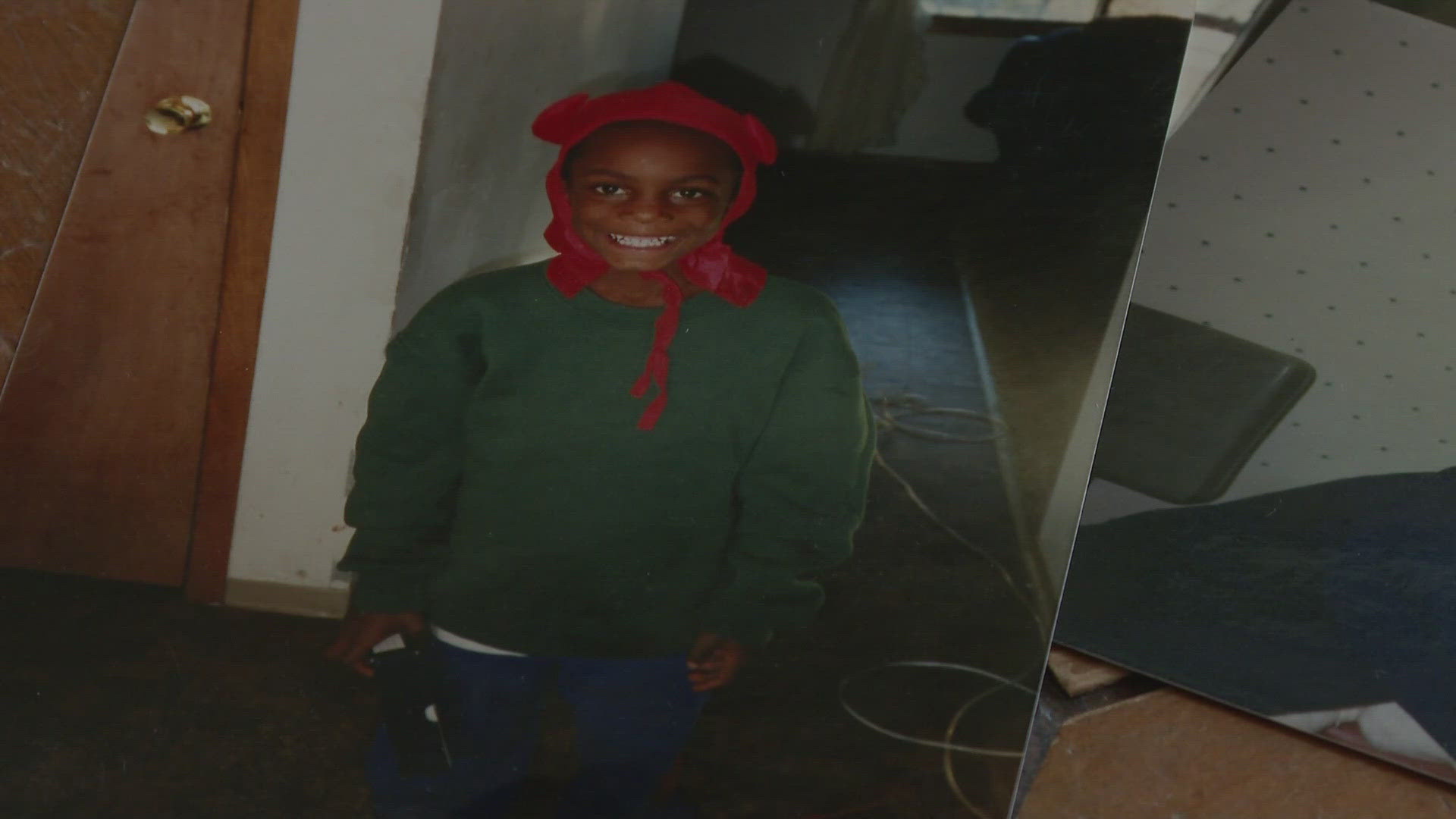I am looking forward to No. 60.
The Pulitzer Prize committees will announce their winners on Monday at 1 p.m. (Update: The announced winner was The Overstory by Richard Powers.)
About two decades ago, I picked up a hobby/goal to read every Pulitzer Prize-winning fiction book dating back to my birth year of 1959.
I have read them all and then some.
Here is my top 9:
1. Rabbit is Rich, John Updike, 1982
2. A Visit From the Goon Squad, Jennifer Egan, 2011
3. Ironweed, William Kennedy, 1984
4. The Orphan Master’s Son, Adam Johnson, 2013
5. Middlesex, Jeffrey Eugenides, 2003
6. The Caine Mutiny, Herman Wouk, 1952
7. Olive Kitteridge, Elizabeth Strout, 2009
8. The Confessions of Nat Turner, William Styron, 1968
9. Lonesome Dove, Larry McMurtry, 1986
*Breathing Lessons, Anne Tyler, 1989
*The Sympathizer, Viet Thanh Nguyen, 2016
*Gilead, Marilynne Robinson, 2005
*The Amazing Adventures of Kavalier & Clay, Michael Chabon, 2001
*To Kill a Mockingbird, Harper Lee, 1961
*The Underground Railroad, Colson Whitehead, 2017
*The Mambo Kings Play Love Songs, Oscar Hijuelos, 1990
*March, Geraldine Brooks, 2006
A hobby like this, you can’t keep your top 9 to nine.
Although there was no winner in 2012, I did read two of the three finalists – Swamplandia! by Karen Russell, which many believe should have been awarded, and Train Dreams by Denis Johnson.
There was no winner in 1964, either, but I have read several Pulitzer Prize winners prior to my birth year, including A Death in the Family by James Agee, The Old Man and the Sea by Ernest Hemingway, and one of my favorites, The Caine Mutiny by Herman Wouk.
Like so many hobbies, mine began by accident, then grew into an obsession. While covering the Colorado Rockies as a beat reporter for the Colorado Springs Gazette Telegraph during the team’s infancy in the early 1990s, I had trouble going to sleep following a night game in one city and having to catch an early morning flight the next day to another city.
Larry Bearnarth, the Rockies’ pitching coach from 1993-95, said over a cocktail at the hotel bar that he read because it put him right to sleep. I went to a bookstore shortly after in downtown Cincinnati and asked the manager for a recommendation.
He directed me to Killer Angels by Michael Shaara, which happened to win the Pulitzer in 1975. I loved it. Later, Jerry Crasnick, a terrific ball writer for the Denver Post, recommended A Confederacy of Dunces, by John Kennedy Toole, a Pulitzer winner in 1981. Walt Weiss, then the Rockies’ shortstop and an avid reader, led me to Cormac McCarthy’s All the Pretty Horses. McCarthy later won a Pulitzer for The Road.
Once I was deep into the hobby, Bill Plascke of the Los Angeles Times and Around the Horn fame, told me The Amazing Aventures of Kavalier & Clay by Michael Chabon was the best book ever.
At first, my Pulitzer fiction readings were random. I wasn’t married to them as I ventured to Kurt Vonnegut’s Slaughterhouse Five, Cat’s Cradle and Breakfast of Champions. Bearnarth got me into Ken Follett’s The Man from St. Petersburg and that led to The Key to Rebecca and Eye of the Needle.
It took determination to get through Thomas Wolfe’s 700-or-so paged You Can’t Go Home Again. I enjoyed it, three or four pages at a time.
It was after reading Saul Bellow’s Humboldt’s Gift that I decided to make reading every Pulitzer-winning novel dating to 1959 my goal. I was three in and bedtime reading was quelling my catch-an-early-flight anxiety, so I decided to go for it.
Don’t misunderstand. I do not have a literary mind, as my own writing shows. I could never join a book-of-the-month club as it took me 18 years to catch up with what was then 51 Pulitzer novels, or a pace of 2.8 books a year.
Try as I might, I couldn’t get through Faulkner’s A Fable, or Steinbeck’s The Grapes of Wrath. Norman Mailer’s The Executioner’s Song, which sure seemed like a non-fiction story to me, was at least 200 pages too long.
I must admit some of the prize-winning books I read would require a re-read to jog my memory.
But at some point, I become convinced that to become the best writer possible, it was essential to read great writing. And Sports Illustrated wasn’t the end all to great writing.
Besides, reading does help me go to sleep. I look forward to reading Richard Powers' The Overstory as soon as I can find it at a discounted rate.


SUGGESTED VIDEOS | Feature stories from 9NEWS



